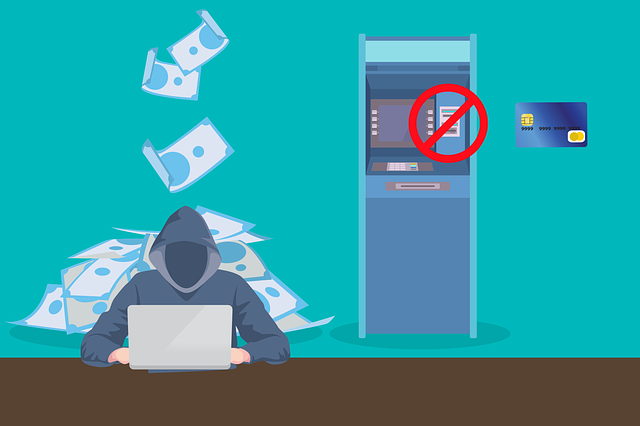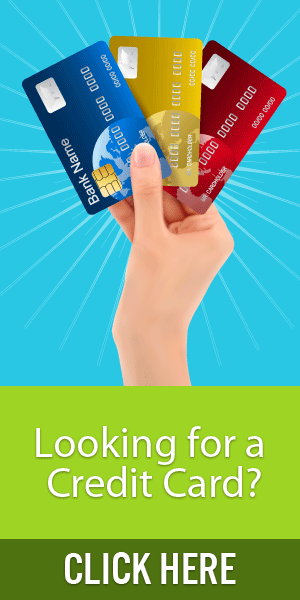These annoying, beeping, and longer stays on the checkout counter when inserting a chip financial institution card proper right into a clunky machine which can or may not work are paying off in a single massive methodology — a lot much less fraud.
Chip enjoying playing cards, usually often called “EMV” enjoying playing cards for the three corporations that developed the experience: Europay, MasterCard and Visa, have decreased counterfeit fraud, in response to Visa. Most U.S. consumers grew to turn into accustomed to chip enjoying playing cards for his or her debit or financial institution playing cards in 2015, when U.S. banks started requiring retailers to have them or be held accountable for in-store fraud.
Counterfeit fraud at U.S. chip-enabled retailers is down 70 % from December 2015 to September 2017, Visa reported in December 2017. All through that time, the number of Visa chip enjoying playing cards throughout the U.S. has elevated 202 % to larger than 481 million enjoying playing cards, which is about 67 % of all Visa credit score rating and debit enjoying playing cards.
Though not all people with a financial institution card or debit card has a chip card, those who do have that little metallic sq. on their enjoying playing cards use it often. In December alone, EMV chip enjoying playing cards accounted for 96 % of all U.S. funds, Visa says.
Chip enjoying playing cards modified magstripe experience from the Sixties that was a lot much less protected and is likely to be copied or “skimmed” additional just by thieves. Chip enjoying playing cards cease fraud by producing a singular one-time code every time they’re used. The operate is almost unattainable to duplicate in counterfeit fraud, in response to Visa.
Some chip readers require prospects to enter a PIN, or non-public identification amount, to substantiate their identification. Others require a signature, which is way much less protected.
The annoying part of chip enjoying playing cards
Most enjoying playing cards have every chips and magnetic stripes, allowing consumers to make use of every the model new and outdated utilized sciences. Why have every? On account of some chip readers at retailers don’t work. And by no means all retailers accept EMVs. Virtually two-thirds of U.S. outlets use chip enjoying playing cards, Visa says. And within the occasion that they do have them, the model new machines don’t on a regular basis work.
You’ve possibly expert the frustrations of using an EMV chip card: After questioning do you have to must swipe or insert, you insert the chip proper right into a machine which can wobble spherical, prepared for what appears to be like as if eons for the transaction to bear.
Like a canine prepared for a cope with, you’ll stay up for the “Do not take away your card” message on the financial institution card reader to change to “Take away your card.” Sit up for half a second too prolonged for the message to remove your card, and it will start beeping at you akin to you’ve merely robbed a monetary establishment.
Nevertheless there aren’t chip readers on-line
Whereas chip enjoying playing cards look like doing their job at bodily outlets in stopping “card present” fraud, they will’t do one thing to cease on-line theft in CNP fraud, or “card not present” fraud.
Within the occasion you’ve ever gotten an e mail or alert out of your monetary establishment or financial institution card provider telling you that your non-public information might need been hacked and possibly compromised on-line, then you might be the sufferer of CNP fraud.
CNP fraud is taking up a variety of the slack that chip enjoying playing cards created by lowering counterfeit fraud. By stealing value card information on-line, hackers have moved data breaches to an all-time extreme remaining 12 months, up 45 % from 2016, in response to the Identification Theft Helpful useful resource Center.
Virtually 20 % of the 179 million information uncovered remaining 12 months resulted in uncovered value card information.
In October 2015, when chip enjoying playing cards started gaining broad use throughout the U.S., the FBI issued a warning that EMV enjoying playing cards could nonetheless be misplaced or stolen and utilized in outlets or for on-line or cellphone purchases when the chip isn’t bodily equipped to the service supplier, or a CNP.
“Furthermore, the data on the magnetic strip of an EMV card can nonetheless be stolen if the service supplier has not upgraded to an EMV terminal and it turns into contaminated with data-capturing malware,” the FBI talked about. “Consumers are urged to utilize the EMV operate of their new card wherever retailers accept it to limit the publicity of their delicate value data.”
In CNP fraud, criminals steal all the cardboard particulars moreover the data saved on the chip. These are particulars utilized in on-line sorts when buying on-line: card amount, holder’s title, expiration date of card, and the CVV code.
Web-based malware put in on on-line outlets is the most common strategy of stealing determining data.
One different form of CNP fraud is account takeover assaults, or ATO. Breaches at third-party corporations allow crooks to utilize leaked passwords to purchase on-line fraudulently. Price card particulars which is likely to be saved in an account profile might be utilized to fraudulently buy one factor with out having the cardboard data in hand.
The FBI recommends reviewing statements for irregularities, promptly reporting misplaced or stolen financial institution playing cards to the issuing monetary establishment, and shielding the keypad from bystanders when getting right into a PIN.
Related posts
Subscribe
Recent Posts
- How To Take away A Chapter From Your Credit score rating Report
- Strategies to Improve Your Credit score rating Score by 100 Components FAST
- The way in which to Take away Value Offs From Your Credit score rating Report
- 3 Strategies to Take away a Foreclosures From Your Credit score rating Report
- Assured Unsecured Credit score rating Taking part in playing cards for People with Harmful Credit score rating



